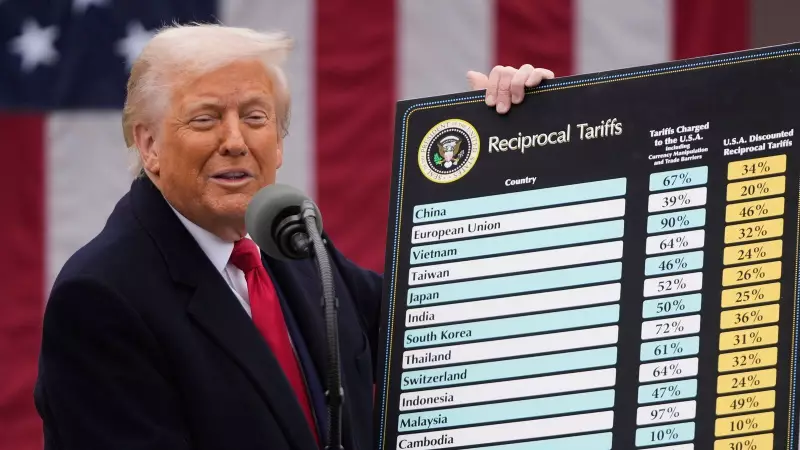
Former President Donald Trump possesses unprecedented authority to reshape global trade dynamics if he returns to the White House, but economists warn this power could become a self-defeating weapon against the very American economy he aims to protect.
The Vast Trade Arsenal at Trump's Disposal
Trump's potential second term would grant him access to an extensive toolkit of trade weapons, including:
- Broad authority to impose sweeping tariffs on trading partners
- Executive powers to declare countries as "currency manipulators"
- Ability to reinstate and expand previous trade restrictions
- Authority to withdraw from existing trade agreements
Why Economists Are Sounding Alarm Bells
While Trump's supporters argue that tough trade policies protect American jobs and industries, economic analysis suggests a different reality. The proposed 10% universal baseline tariff on all imports could trigger:
- Immediate price increases for American consumers across all sectors
- Retaliatory measures from major trading partners like China and the EU
- Disruption to global supply chains that American manufacturers rely on
- Potential inflation spikes that could hurt low and middle-income families most
The Historical Precedent: Lessons from Previous Trade Wars
Trump's first-term trade policies offer a cautionary tale. The 2018-2019 trade war with China resulted in:
American farmers losing access to crucial export markets while receiving billions in government bailouts. Manufacturing sectors faced higher costs for imported components, making them less competitive globally. Studies showed that American consumers and businesses bore the brunt of tariff costs through higher prices.
The Global Domino Effect
Experts predict that renewed aggressive trade policies could destabilize the entire global economic system. Trading partners would likely respond with their own restrictions, creating a downward spiral that could:
- Reduce global economic growth
- Weaken international alliances
- Accelerate the fragmentation of global trade into competing blocs
- Undermine decades of progress toward economic cooperation
As the 2024 election approaches, the debate over America's trade policy direction intensifies. While protectionism appeals to certain voter bases, the economic reality suggests that wielding trade power too aggressively might ultimately harm the very people it's intended to help.





